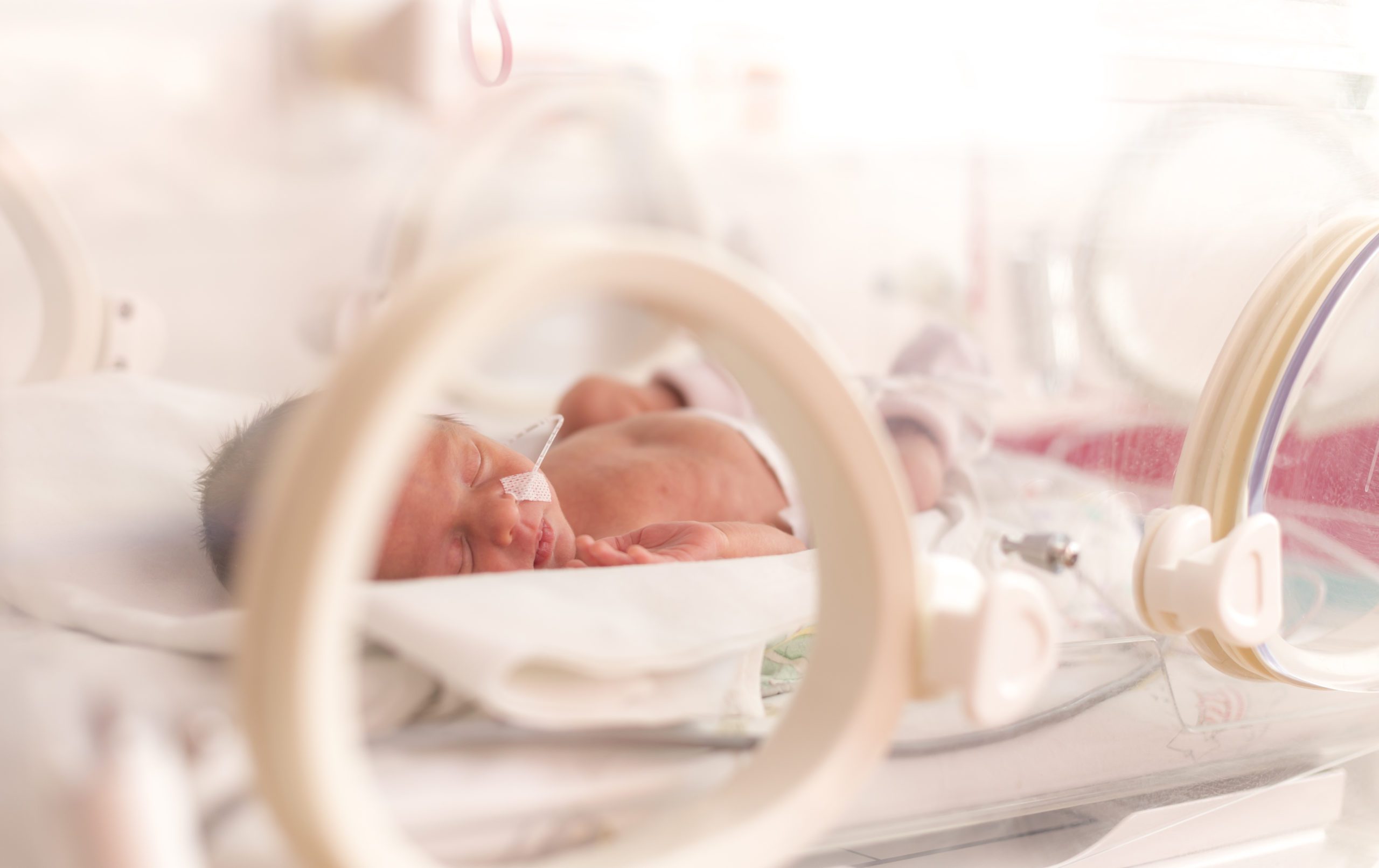There is no doubt that an addiction can seriously cloud a person’s judgment. And America’s growing opioid crisis is a prime example of that. According to a new article from The New York Times, painkiller dependencies among women have gotten so bad that mothers-to-be are continuing to use, putting their unborn babies at serious risk.
One of the most alarming stats from the article concerns the amount of infants born to dependent mothers. Citing data from The U.S. Centers for Disease Control and Prevention (CDC), the Times is reporting that there are now 6.5 addicted babies per every 1,000 births (which is quadruple the number from 10 years ago).
Not surprisingly, the blame is primarily being placed on the opioid crisis. CDC director Dr. Robert Redfield sees it as a call to action for political leaders to take stronger action against the growing epidemic.
“The devastating impact of the opioid epidemic on families across the U.S. now includes the very youngest,” Dr. Redfield told the Times. “Each case represents a mother, a child, and a family in need of continued treatment and support.”
Dr. Redfield went on to share the thorough research that went in to the CDC’s analysis. His team dug through 15 years of data from 28 states. Back in 1999, the ratio of addicted newborns was 1.5 out of every 1,000 (a far cry from where it stands today). There was also a specific call out to Vermont, which had the highest spike of all. In that particular state, there were 48.6 cases of opioid use disorder for every 1,000 deliveries.
And keep in mind, these included only the babies who lived. Heavily addicted moms have been responsible for countless miscarriages and stillborn births during this timeframe. The severe cases of live births have also resulted in brain damage, respiratory problems and severe seizures throughout these children’s lifetimes.
One other topic brought up by the study is the fear and embarrassment these dependent mothers may feel during their pregnancies. Dr. Elizabeth E. Krans, a professor of Gynecology and Reproductive Sciences at the University of Pittsburgh, was also interviewed for the piece and expressed concern that these women may be hiding these addictions from their doctors because they’re scared of being arrested.
“Pregnancy is a really important time. Women are often worried that about the health of their baby, but they’re also fearful of judgment,” Krans said. “Pregnant women are fearful that people will treat them negatively or, in the worst cases, remove their babies,”
The important thing to emphasize is that treatment is available during all stages of a pregnancy. Trained professionals from established practices will know what tools can and should be used to help expectant moms ween off their cravings. If this is a situation you or someone you care about is dealing with, please reach out right away for help.


